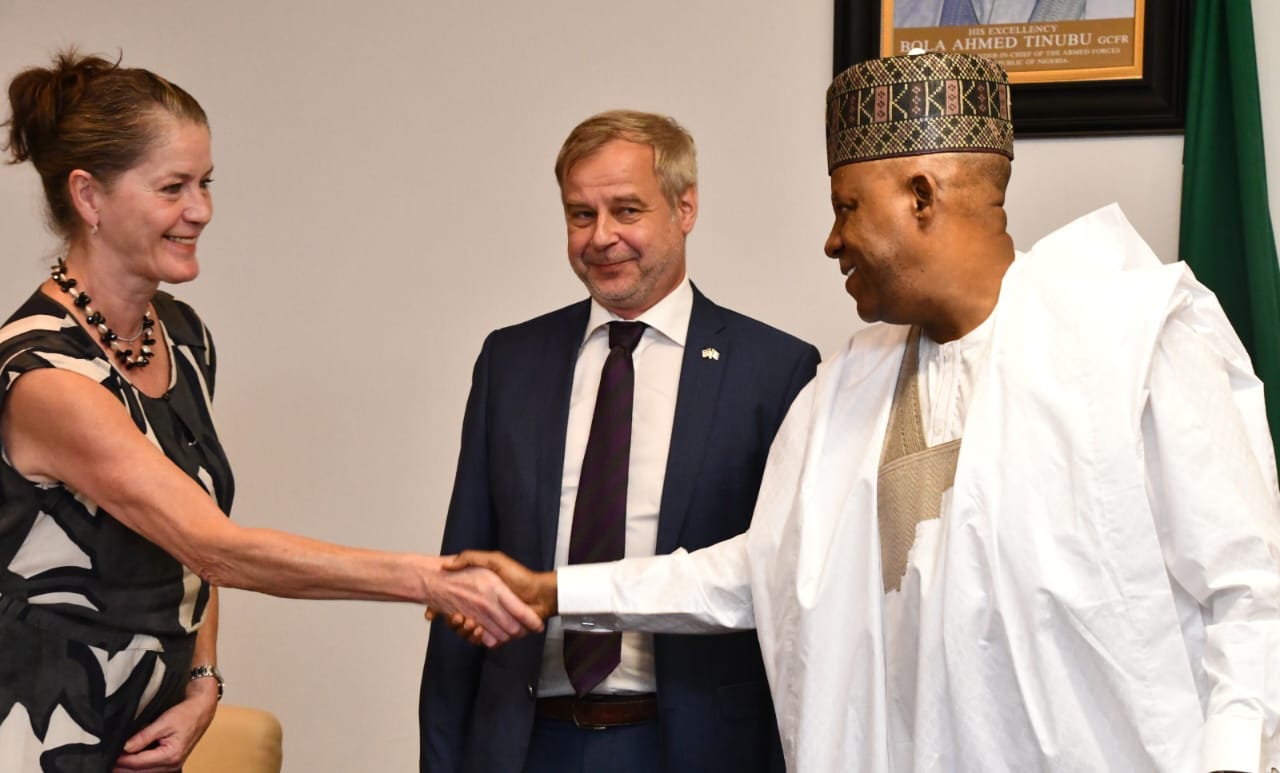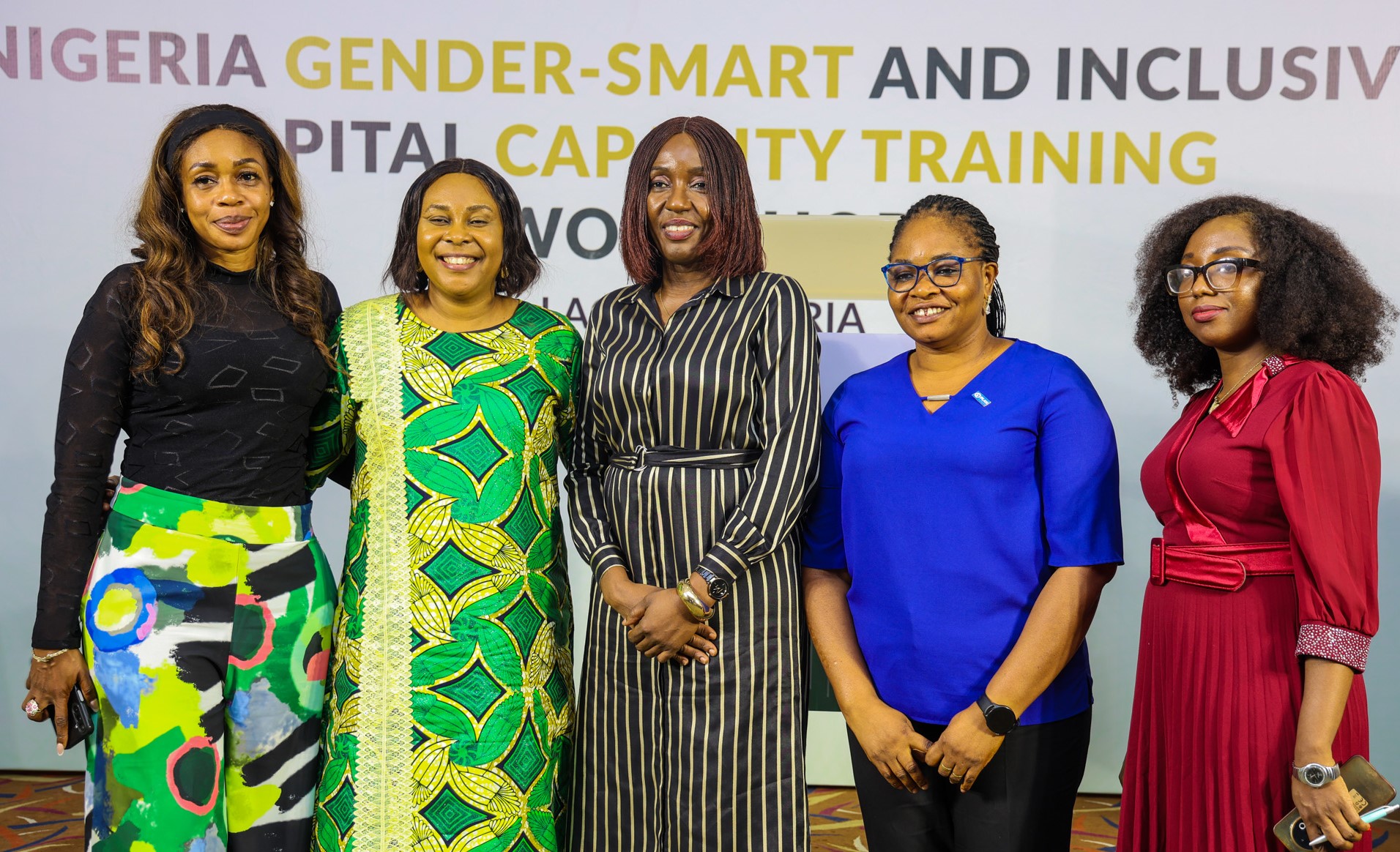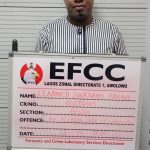By Adedapo Adesanya
Nigeria wants to tap from the $130 billion global hydrogen market through a partnership with Germany, says the Vice-President, Mr Kashim Shettima.
He stated this when he hosted a German delegation led by a member of the German Parliament and Hydrogen Commissioner, Federal Ministry of Education and Research, Mr Till Mansmann, at the Presidential Villa, Abuja said that the move would enable the government to develop its green energy sector.
According to him, the idea is advancing the country’s hydrogen market in line with its renewable energy objectives and the global energy transition plan from fossil to green sources.
“We cannot run away from the fact that sooner than later we have to do away with fossil fuels and resort to green energy for a sustainable world and inclusive economic growth.
“We appreciate you and there is ample opportunity for us to partner towards the development of the $130 billion global hydrogen market projected by the World Bank to grow at 9 per cent per annum,” he said.
On the potential in hydrogen development, Mr Shettima expressed optimism that if Nigeria gets its acts right, the entire African continent would equally get it right.
“Hydrogen has the potential of revolutionizing a lot of industries in Nigeria, including fertilizer production. The Federal Ministry of Science and Technology is ready to partner with authorities in Germany to drive the process towards developing the hydrogen market in Nigeria and beyond. Partnering to develop the hydrogen market in Nigeria will positively impact the rest of the African continent given its potentials and position.
“The potentials are here in Nigeria. When Nigeria gets its acts right, Africa will get it right too. You have a partner in Nigeria, In President Tinubu, you have a partner that you can trust.
“Leadership is about the ability to provide ideas to the problems of a nation,” he added.
Mr Shettima commended Germany for the commitment shown towards other countries in different areas.
The VP said, “Though not endowed with a lot of natural resources, Germany is blessed with the human capital that has made the country a global leader across diverse fields, including technology and devotion to ethics.”
On his part, Mr Mansmann said collaboration with Nigeria and institutions like the University of Nigeria, Nsukka (UNN) was crucial for achieving the goals outlined in Germany’s National Hydrogen Strategy.
“Nigeria is a very important partner for the global transformation of energy. If you want to fight climate change, it makes no sense if one country alone goes its own path.
“We need to come together with a lot of corporations in technology, science and human resources.”
He acknowledged Nigeria’s significant potential in the field of green energy, particularly hydrogen production.
“About 30 countries in Africa have the potential for green energy, especially hydrogen, and Nigeria is one of the most powerful countries in this field.”
Mr Mansmann also emphasised the role of universities in fostering innovation and nurturing future talent.
He added that Germany’s transition to carbon neutrality by 2045 requires a significant shift towards green energy imports.
“Germany will be an energy importing country for the next decades in huge amounts. Currently, we import 70 per cent of our energy in the form of fossils, and we want to get out of fossils by 2045.
“That means in 20 years all imported energy needs to be green. And we know there are great potentials in Africa and Nigeria,” he added.

























